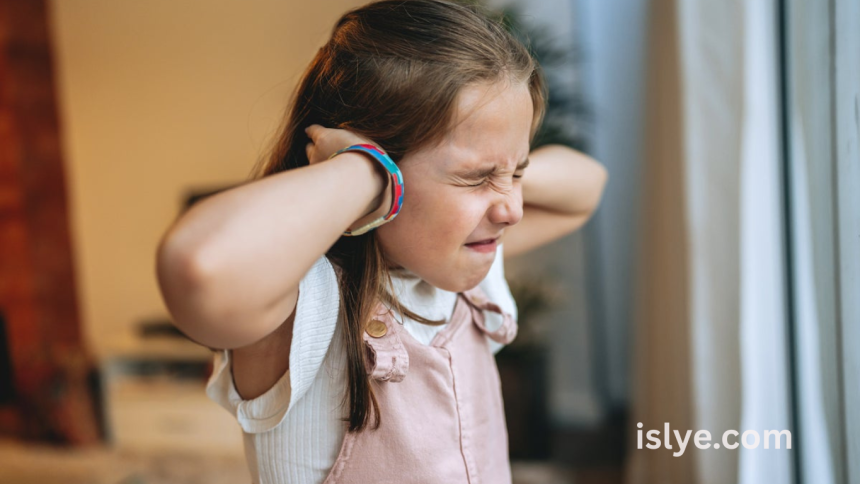The latest international study on child well-being and teen happiness has raised eyebrows across the UK, placing the country behind nations like Romania and Hungary. While the UK boasts a robust economy and developed infrastructure, its young population appears to be suffering silently under increasing pressures related to mental health, education, and societal expectations.
This alarming ranking highlights a deep-rooted issue within British society an environment where children and teens are more likely to feel anxious, unsupported, or unhappy. Understanding the factors that have led to this decline in youth wellbeing is crucial for policymakers, educators, and families alike.
Child Wellbeing in the UK at Alarming Low
The UK has dropped below Romania and Hungary in international assessments of child wellbeing. Despite being a developed nation, children in the UK face higher levels of stress, loneliness, and emotional insecurity. Socioeconomic inequality, strained mental health services, and academic pressure are major contributing factors that continue to affect youth happiness.
Teen Happiness Declines Amid Mental Health Crisis
Teenagers in the UK are experiencing rising levels of anxiety and depression, especially post-pandemic. School demands, social media pressure, and uncertain futures contribute to this crisis. Limited access to timely mental health support has further worsened teen happiness, making it one of the UK’s most pressing social challenges.
Education System Adds to Psychological Pressure
The UK’s education system, with its focus on testing and competition, often leaves children overwhelmed. Unlike countries ranked higher in child well-being, the UK puts intense pressure on academic performance, which can overshadow emotional development. This approach may compromise the mental well-being of students rather than support their overall growth.
Economic Inequality Worsens Child Living Conditions
Child poverty continues to be a major factor in the UK’s low ranking. While countries like Romania and Hungary have improved child living standards through targeted policies, the UK still struggles with regional disparities and high living costs. Poor housing, limited recreational opportunities, and lack of nutritious food contribute to declining well-being.
Social Media and Digital Culture Add to Anxiety
The digital world plays a significant role in shaping young minds, especially in the UK, where screen time is high. Constant exposure to unrealistic standards, cyberbullying, and digital peer pressure has become a daily stressor for British youth. These factors significantly impact teen happiness and self-esteem.
Limited Access to Mental Health Services
Access to child and adolescent mental health services (CAMHS) in the UK remains limited and inconsistent. Many children face long waiting lists and understaffed services, which delays the support they urgently need. Early intervention is often missed, worsening the chances of recovery and sustainable well-being.
Parental Stress and Family Instability Affect Children
Family stress and household instability play a big role in shaping a child’s sense of security. Rising costs of living, work-life imbalance, and mental health issues among parents in the UK are trickling down to children. Stable family environments, more common in higher-ranking countries, are crucial for emotional well-being.
Public Policy Needs Urgent Reform to Support Youth
The UK government must address the underlying causes of child and teen unhappiness through systemic policy reform. Better mental health funding, inclusive education reforms, and anti-poverty initiatives could improve child well-being. Learning from countries ranked higher can help shape more effective and compassionate youth-centered strategies.
Frequently Asked Questions
Why did the UK rank lower than Romania and Hungary in terms of child well-being?
The UK’s lower ranking stems from high rates of child poverty, mental health issues, and academic stress, unlike Romania and Hungary, which have improved youth support systems.
What does child well-being mean in international rankings?
Child well-being covers physical health, mental health, education, safety, and emotional support, offering a holistic view of a child’s life quality.
How does the UK education system impact teen happiness?
High academic pressure, frequent testing, and lack of emotional learning contribute to stress and decreased happiness among UK teens.
Are mental health services sufficient for UK children?
No, access to mental health services is often delayed due to underfunding, staff shortages, and long waiting times, limiting early intervention.
What role does social media play in teen mental health?
Social media creates unrealistic standards and cyberbullying risks, leading to anxiety, poor self-image, and reduced overall happiness.
How does child poverty influence well-being?
Children living in poverty face issues like poor housing, lack of healthy food, and fewer recreational opportunities, all harming their well-being.
What can families do to support child well-being?
Open communication, emotional support, stable home environments, and reduced screen time can significantly enhance a child’s mental health.
What steps can the UK government take to improve rankings?
Investing in mental health, reducing educational pressure, combating child poverty, and creating inclusive policies could boost child happiness and well-being.
Conclusion
The UK’s low ranking in child well-being and teen happiness highlights systemic failures that urgently need addressing. From reforming mental health access to tackling poverty and educational stress, a collective effort is required to ensure a healthier, happier future for the nation’s youth.










